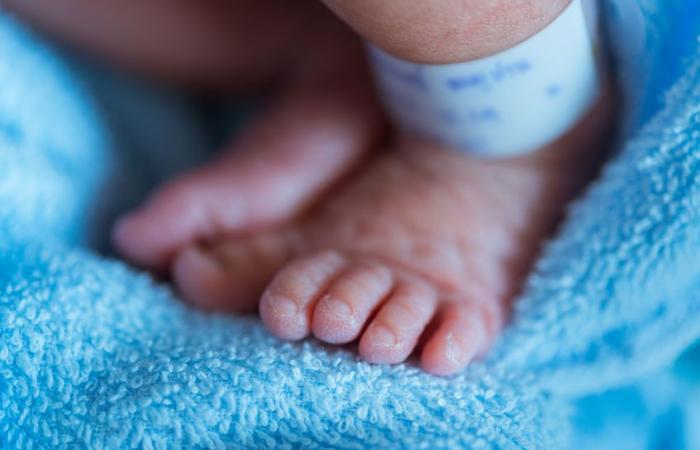Since 1is November, sickle cell anemia, a genetic blood disease, is the subject of organized screening for all newborns. Patient associations, doctors and researchers have been calling for it for many years.
While it was only carried out in the overseas departments, screening is now generalized to all newborns. A notable change in strategy for this increasingly common genetic disease.
Sickle cell anemia, blood disease
Sickle cell anemia is a hereditary blood pathology, “due to the production of abnormal hemoglobin (Hb), called HbS, which causes the deformation of red blood cells which become fragile and rigid”, explains the High Authority for Health (HAS).
Sickle cell disease is the leading cause of stroke in children.
The HAS
It is particularly common among people of African and West Indian origin. It manifests itself in particular by anemia, painful crises and an increased risk of infections. Although current treatments have greatly increased the life expectancy of affected patients, they still remain limited.
In addition, this disease has serious consequences that can be fatal. “Sickle cell anemia is, for example, the leading cause of stroke in children,” recalls the High Authority of Health in a press release. This is why she recommended the generalization of its screening in 2022.
A screening finally organized
Since 1995, screening has been carried out overseas and in mainland France, in a targeted manner depending on the geographical origin of the parents. But since 1is November, it is performed systematically on all newborns. Patient associations, doctors and researchers have been calling for it for quite some time.
Recent studies show that the incidence of this pathology has been increasing since 2016. In 2022, 684 major sickle cell syndromes have been detected, i.e. an incidence of 1 in 1,065 people in the general population. In 2016, 431 newborns were screened.
Neonatal screening in France
This new screening for sickle cell disease is in addition to the thirteen other pathologies such as cystic fibrosis, phenylketonuria and even congenital hypothyroidism, already screened. Other genetic diseases should be screened from 2025.
In practice, it is carried out in the maternity ward (sometimes at home) by taking drops of blood on a blotting paper, after a small prick on the newborn’s heel or hand. Parental consent is requested. It is free and carried out two or three days after birth.
In 2022, more than 728,000 children will have benefited from this neonatal screening.






